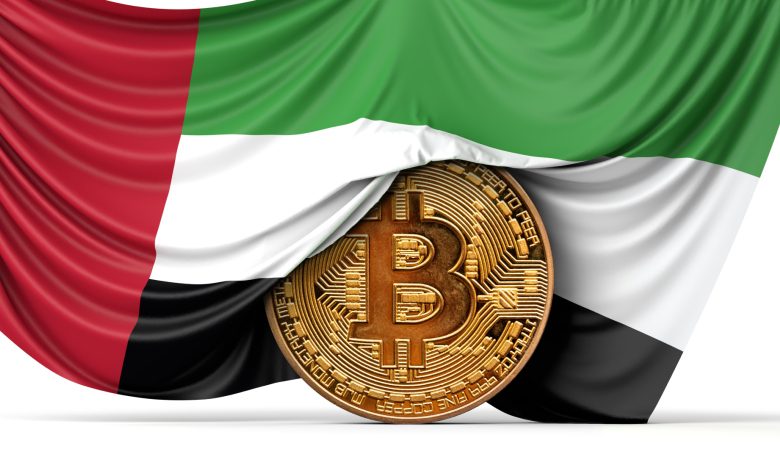Digital and virtual asset firms in Ras Al Khaimah
UAE emirate to launch free zone for digital and virtual asset firms

Free-trade zones in the UAE are areas where entrepreneurs have 100% ownership of their businesses and have different regulatory frameworks and tax schemes.
Ras Al Khaimah, one of the United Arab Emirate’s (UAE) seven Emirates, is set to launch a free zone for digital and virtual asset companies as the country’s approach to the industry continues to attract global crypto players.
The RAK Digital Assets Oasis (RAK DAO) will be a “purpose-built, innovation-enabling free zone for non-regulated activities in the virtual assets sector.” Applications will open in the second quarter of 2023, the statement said.
The free zone will be dedicated to digital and virtual assets service providers in emerging technologies, such as the metaverse, blockchain, utility tokens, virtual asset wallets, nonfungible tokens (NFTs), decentralized autonomous organizations (DAOs), decentralized applications (DApps) and other Web3-related businesses.
“We are building the free zone of the future for companies of the future,” said Sheikh Mohammed bin Humaid bin Abdullah Al Qasimi, chairman of the RAK International Corporate Centre, the operator of the new free zone. “As the world’s first free zone solely dedicated to digital and virtual asset companies, we look forward to supporting the ambitions of entrepreneurs from around the world.”
Free zones or free-trade zones are areas where entrepreneurs have 100% ownership of their businesses and have their own tax schemes and regulatory frameworks, except for the UAE’s criminal law.
Drawing up the new free zone’s steps, Dubai-based crypto lawyer Irina Heaver thinks “RAK DAO will start with non-financial activities first, then may introduce the financial activities at a later stage.” She added:
“[Entrepreneurs] won’t be able to launch a crypto exchange just yet, which is an ESCA-regulated financial activity.”
The Securities and Commodities Authority (SCA) is one of the UAE’s main financial regulators. According to the country’s latest federal-level virtual assets law, the SCA has authority throughout the Emirates, except for the financial free zones — the Abu Dhabi Global Market (ADGM) and Dubai International Financial Centre (DIFC) and others, which have their own financial regulators.
The new free zone adds to the more than 40 multidisciplinary free zones in the country that have attracted numerous crypto, blockchain and Web3 firms, including the Dubai Multi Commodities Centre (DMCC), DIFC and the ADGM.
The UAE has painted itself as a forward-thinking hub for crypto firms eyeing jurisdictions with friendlier regulations. In March 2022, Dubai unveiled its virtual assets law, along with the Virtual Asset Regulatory Authority, to protect investors and provide standards for the digital asset industry.
In September 2022, the Financial Services Regulatory Authority — the regulator of the ADGM — published guiding principles on its approach to regulating and overseeing the new asset class and its service providers.